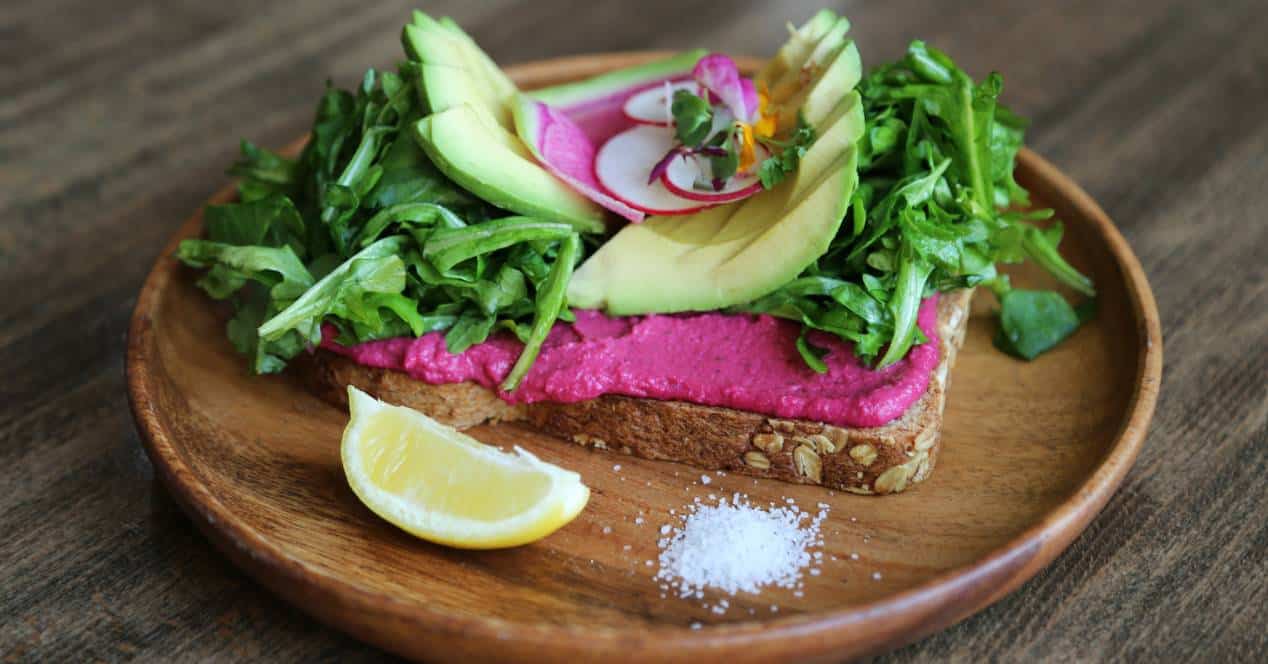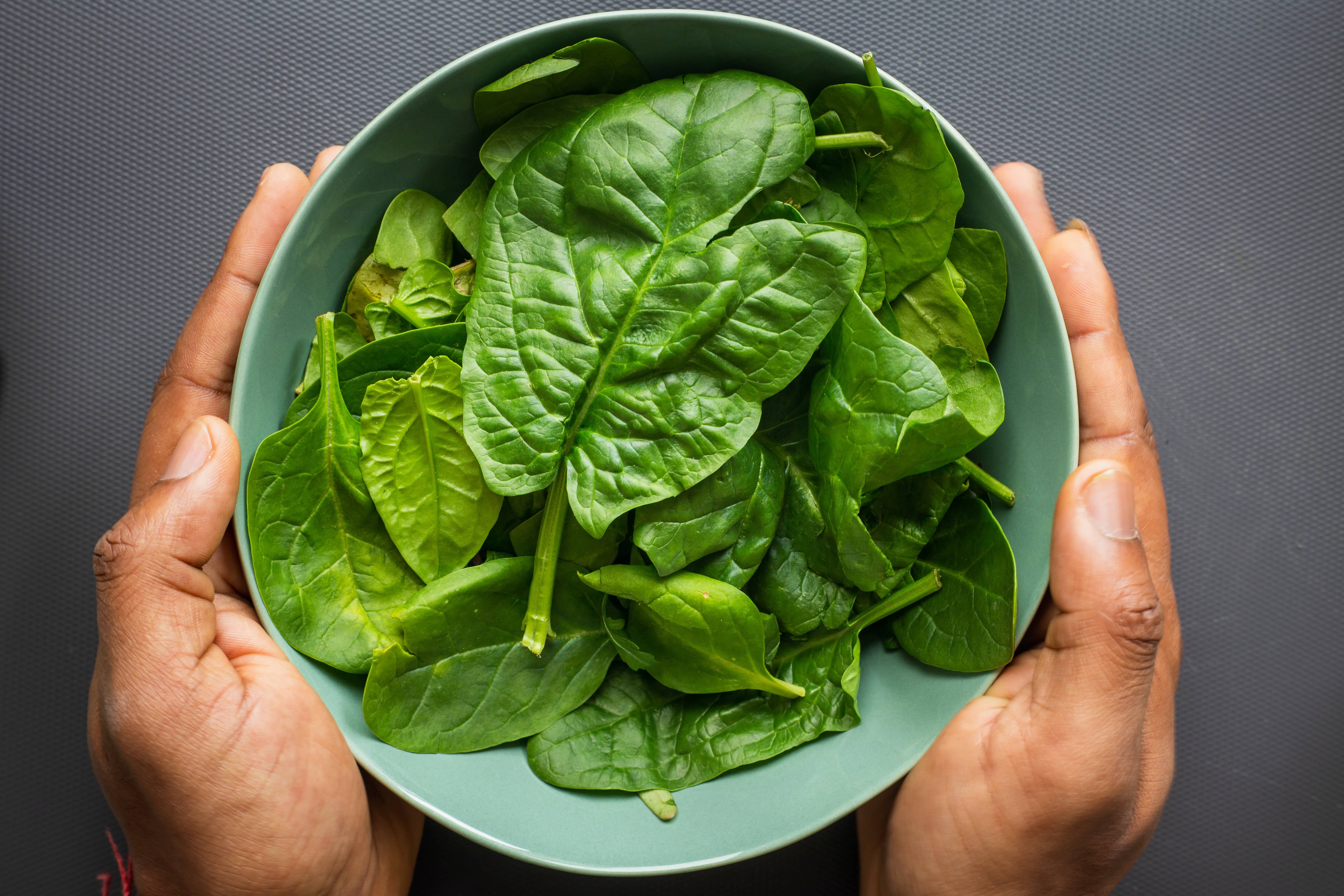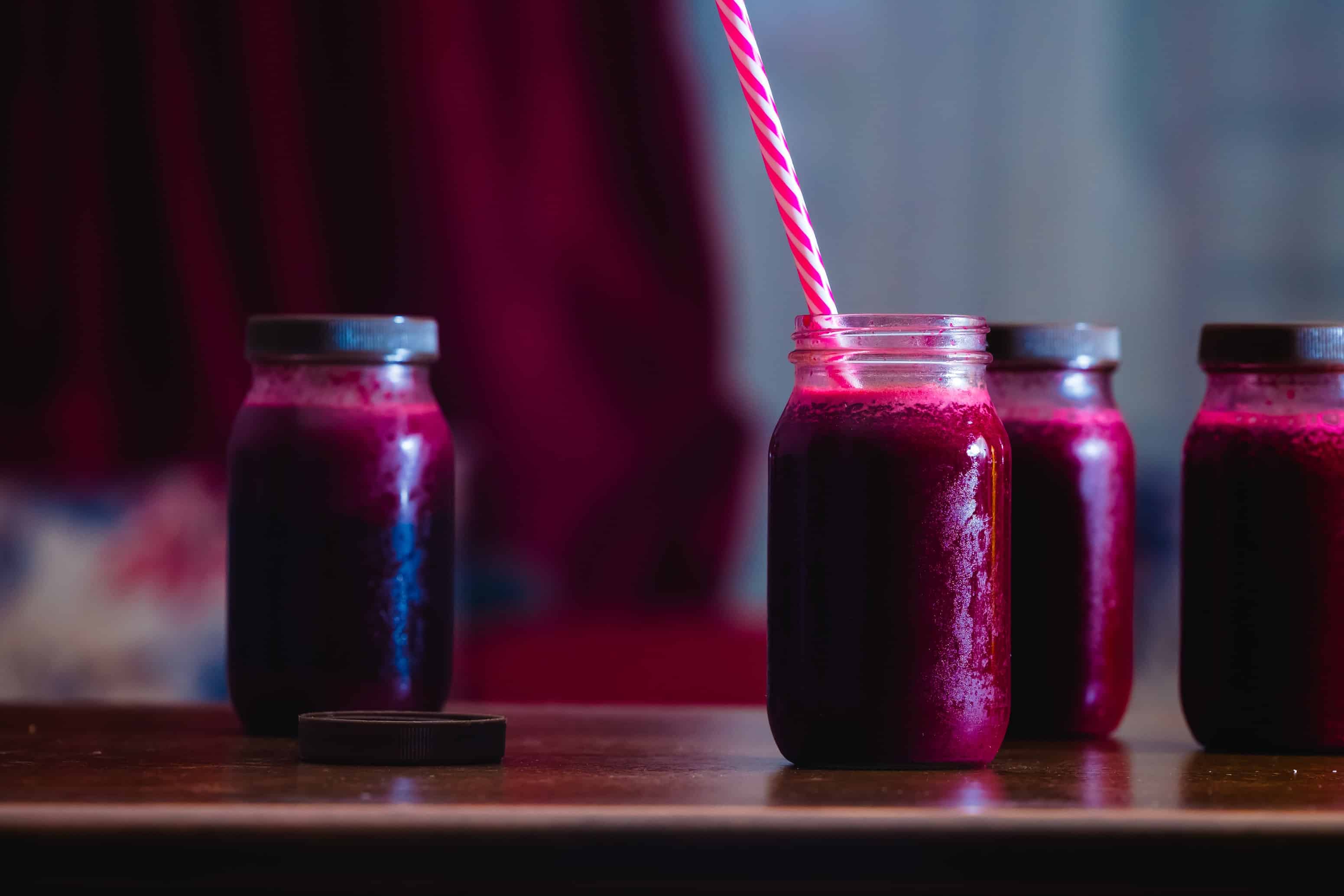
Having high levels of nitrates coursing through your veins is like having a hidden (or not-so-hidden) engine in training. We can get more speed and power out of the effort we put in because of the way nitrates can increase blood flow and muscle function.
A diet filled with foods rich in this substance, such as beets and leafy green vegetables, can also lower blood pressure and even improve brain function. There is evidence that nitrate can be stored in your muscles, similar to how you store glycogen when you eat carbohydrates, to improve your health and boost performance when you need it.
How does nitrate work?
When we exercise, the cells in the blood vessels and muscles produce nitric oxide (NO), which widens the blood vessels. This allows more oxygen and nutrient-rich blood to reach the working muscles. That effect continues after you've finished your workout and toweled off, leaving you with a persistent blood pressure-lowering response.
Eating foods high in nitrates can, in turn, increase tus levels of NO; Your body converts the nitrates you consume into nitrites, which are then converted to nitric oxide through a metabolic chain of events. This explains why eating foods rich in nitrates such as arugula, spinach, red beetroot and celery it can lower your blood pressure; you always have enough nitric oxide to keep those vessels open so your blood can circulate freely. This also supports one of the theories as to why the Mediterranean diet is so good for you: it is naturally rich in nitrates.
Evidence from animal studies shows that nitrates may be particularly beneficial for improving blood flow and contractions in your fast twitch fibers, which are the muscle fibers you use to generate high watts.
Like glycogen, nitrate stores are depleted during exercise. Also, like glycogen, the store in the muscles becomes "super compensated" when you are on a high nitrate diet for a few days after a period of deprivation or a low nitrate diet.
Interestingly, the bacteria that live in your mouth are very important players in the nitric oxide production line. Research shows that the bacteria allow your body to produce the nitrate it needs to relax your blood vessels. In practical terms, that means that shoulds avoid antibacterial mouthwash unless your dentist has prescribed one for you.

What are the benefits in exercise?
Nitrate supplementation has been shown to improve training performance, specifically cycling. In one study, athletes who drank concentrated beetroot juice (a natural source of nitrates) used approximately three percent less oxygen. This means they used less energy to pedal at the same pace, during the exercise tests, and extended the time they could pedal before fatigued.
In general, research shows that nitrate supplementation is most beneficial for moderately fit athletes (as well as the untrained). Elite athletes benefit less because they already produce large amounts of nitric oxide naturally, since physical training increases its capacity for the formation of nitric oxide.
That being said, the most recent research shows that nitrate supplementation is most beneficial in situations where oxygen demand exceeds oxygen supply. Therefore, less-trained athletes benefit in a broader range of situations, but even highly-trained individuals can benefit when doing exercise at altitude and/or during very high intensity exercisesuch as sprinting and track cycling.
altitude adaptation
People who live at high altitudes produce more nitric oxide than people at sea level. Populations that thrive at high altitudes, such as Tibetans, have been found to have levels several times higher than populations at sea level.
If we are planning a trip to a high altitude location, it would be wise to consider increasing the nitric oxide level. Hypoxia lowers nitric oxide levels initially, and studies show that dietary nitrate intake or supplementation can improve the body's adaptation to altitude by preventing levels from falling.
Improve oxygen efficiency
In one study, just a sip of beetroot juice helped divers hold their breath for half a minute longer than usual.
For people who have trained and spent years increasing their ability to hold their breath, that time is a huge benefit. For endurance athletes, this oxygen conserving effect can make more oxygen available to working muscles.

Recommended amount of nitrates
Although science continues to investigate, researchers conclude that cyclists may benefit from taking traditional 300 mg of nitrate. Although eating a diet rich in nitrates on a regular basis is the best way to keep your stores topped up and reap the benefits of lowering blood pressure, we can reap performance benefits by taking a large dose before needing a boost.
For reference, a study published in The American Journal of Clinical Nutrition reports that the following foods are the richest sources of nitrates:
- Very high:> 250 milligrams per 100g serving – Arugula, red beets, lettuce (particularly butter leaf), celery, watercress (such as watercress), and spinach.
- Alto: 100 to <250 milligrams per 100g serving: bok choy, endive, fennel, kohlrabi, leek, and parsley.
- Medium: 50 to <100 milligrams per 100g serving – Cabbage, dill, turnip, kale.
How to consume more nitrates?
There are several techniques to increase the daily intake of nitrates.
Eating foods rich in nitrates
Foods with the highest nitrate content include beet roots and leafy green vegetables. Others include parsley, bok choy, leeks, celery, radishes, and turnips.
As the bacteria in the mouth are a natural way of triggering the nitric oxide production process, we may benefit from keeping nitrate-rich foods in our mouths longer. We will make sure to chew food well and consume liquids slowly. To increase intake of these nitrate-rich vegetables, we can juice vegetables or add steamed or roasted beets to a protein drink mix.
Consume Omega-3 fats
Eat plenty of Omega-3 essential fatty acids on a regular basis. We will reduce or avoid the inflammatory Omega-6 fats found in soybean, corn, safflower, canola, and sesame oils, as well as the artificial trans fats found in margarines and other processed foods.
We will also test Omega-3 levels to determine if we need additional supplements of these essential fatty acids.
use supplements
All of the above strategies can promote higher nitric oxide levels without supplements, and eating more fresh vegetables, getting out in the sun, getting enough sleep, and consuming enough omega-3 fatty acids are all good for athletes.
That said, the dietary requirement is about 500 mg of nitrates per day to enhance athletic performance, and that can be hard to achieve, complicated, expensive, unpleasant (for many), and unfriendly to the gut. That's why supplements can help.